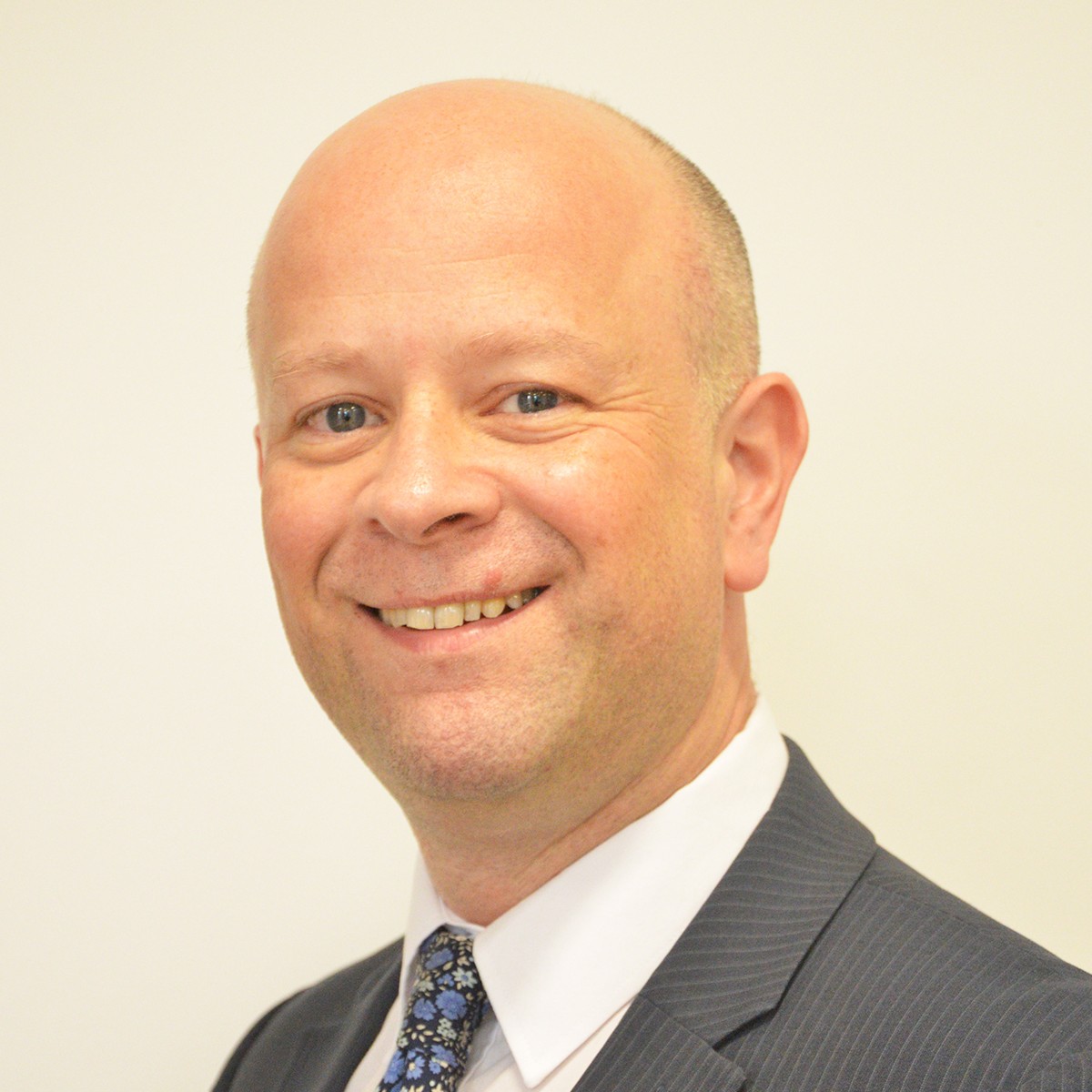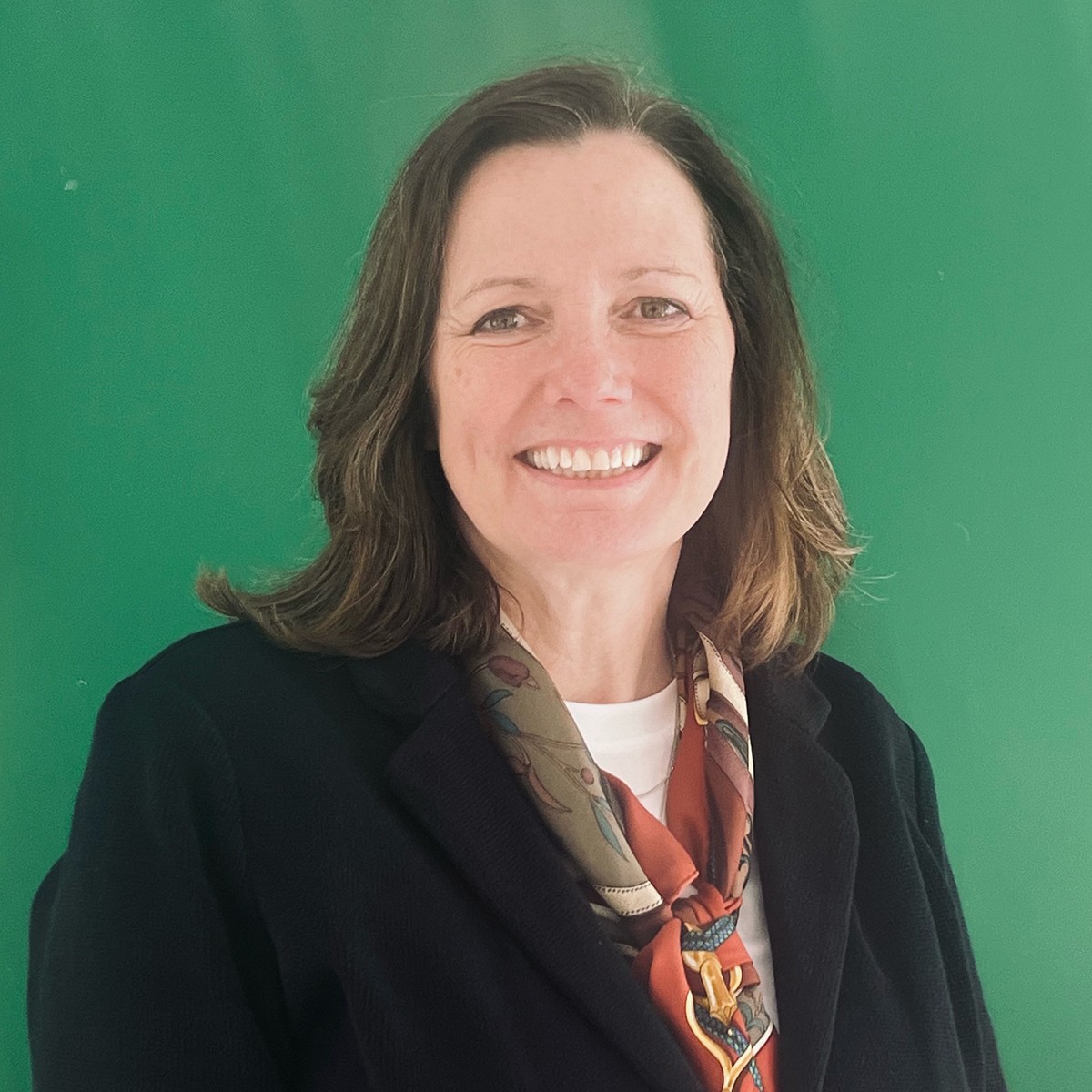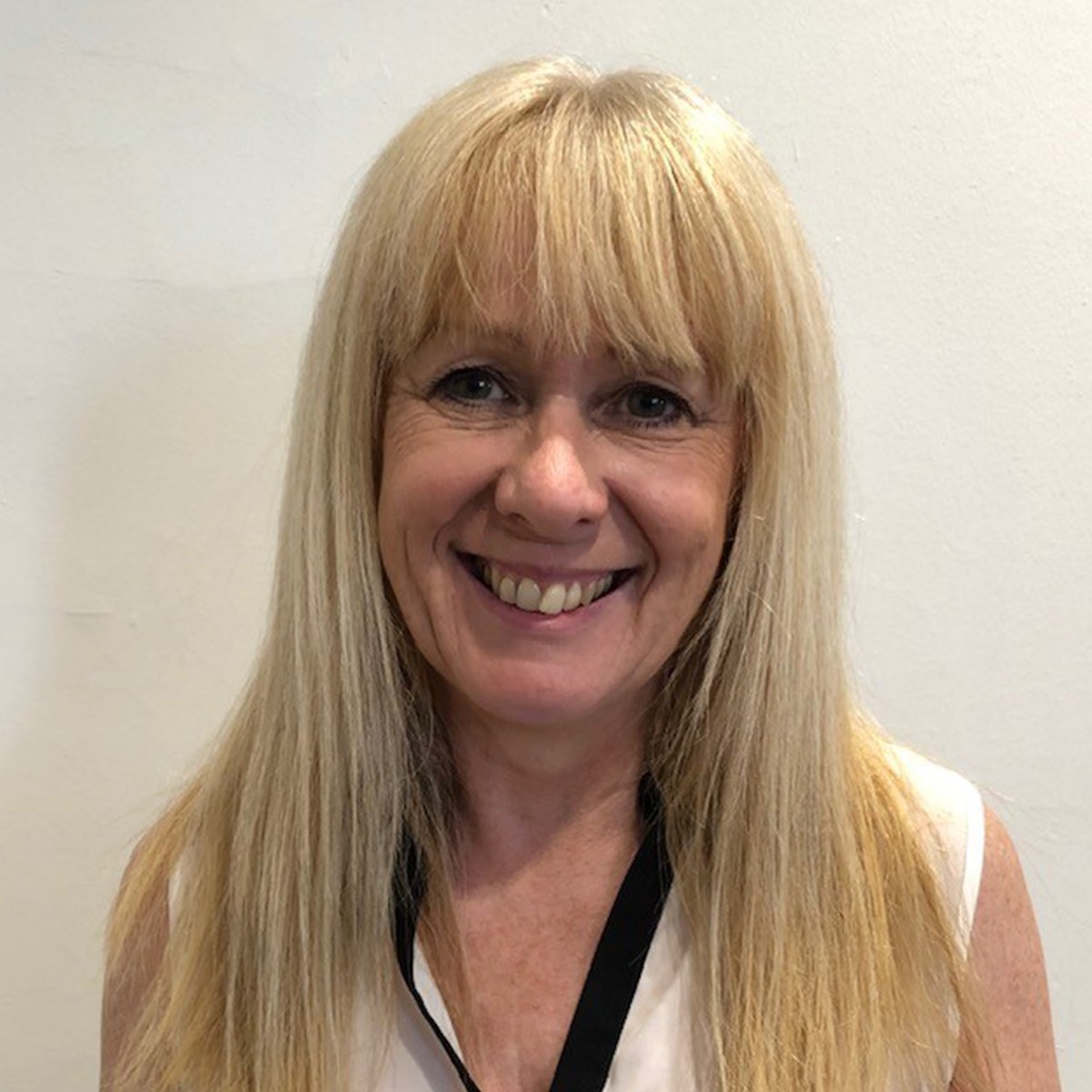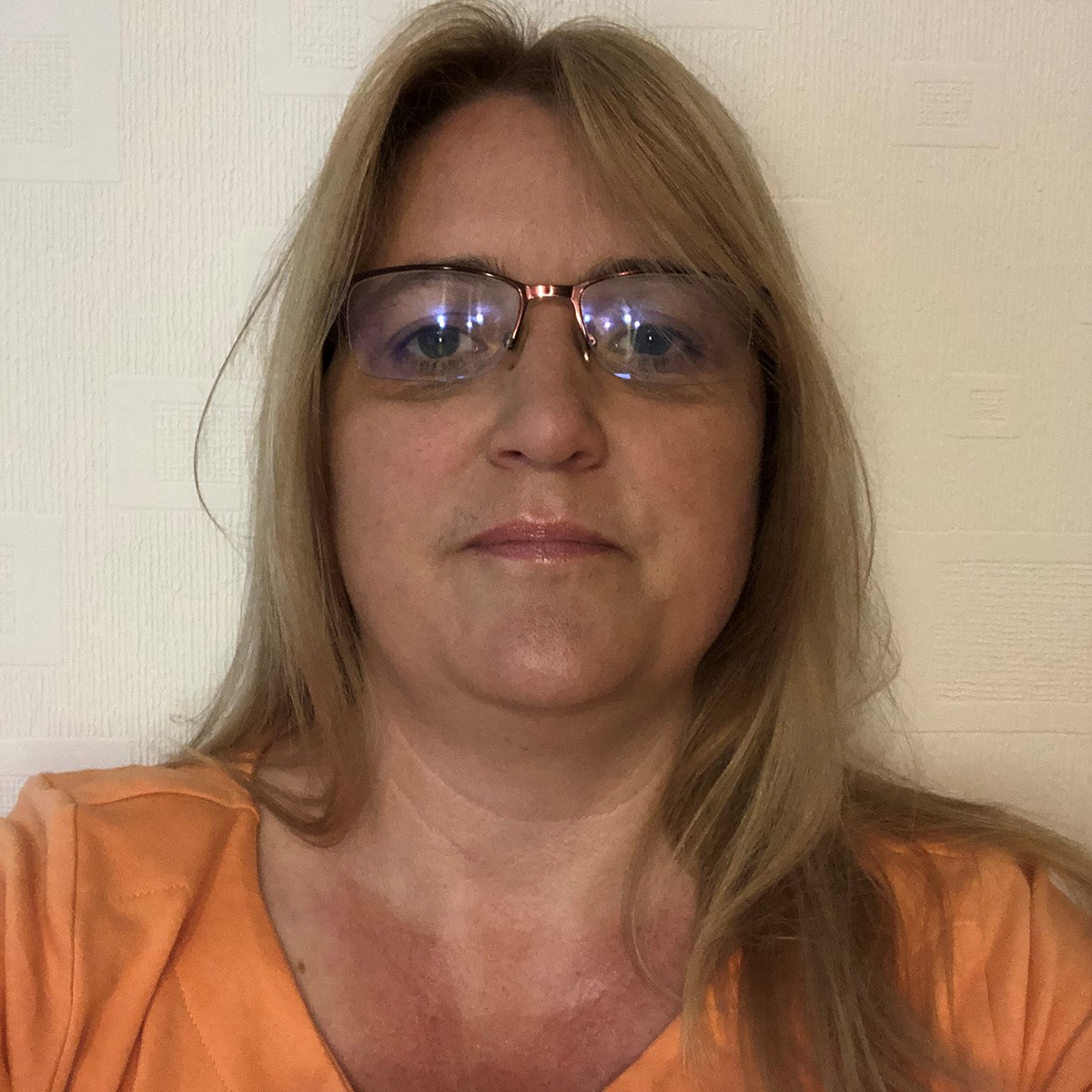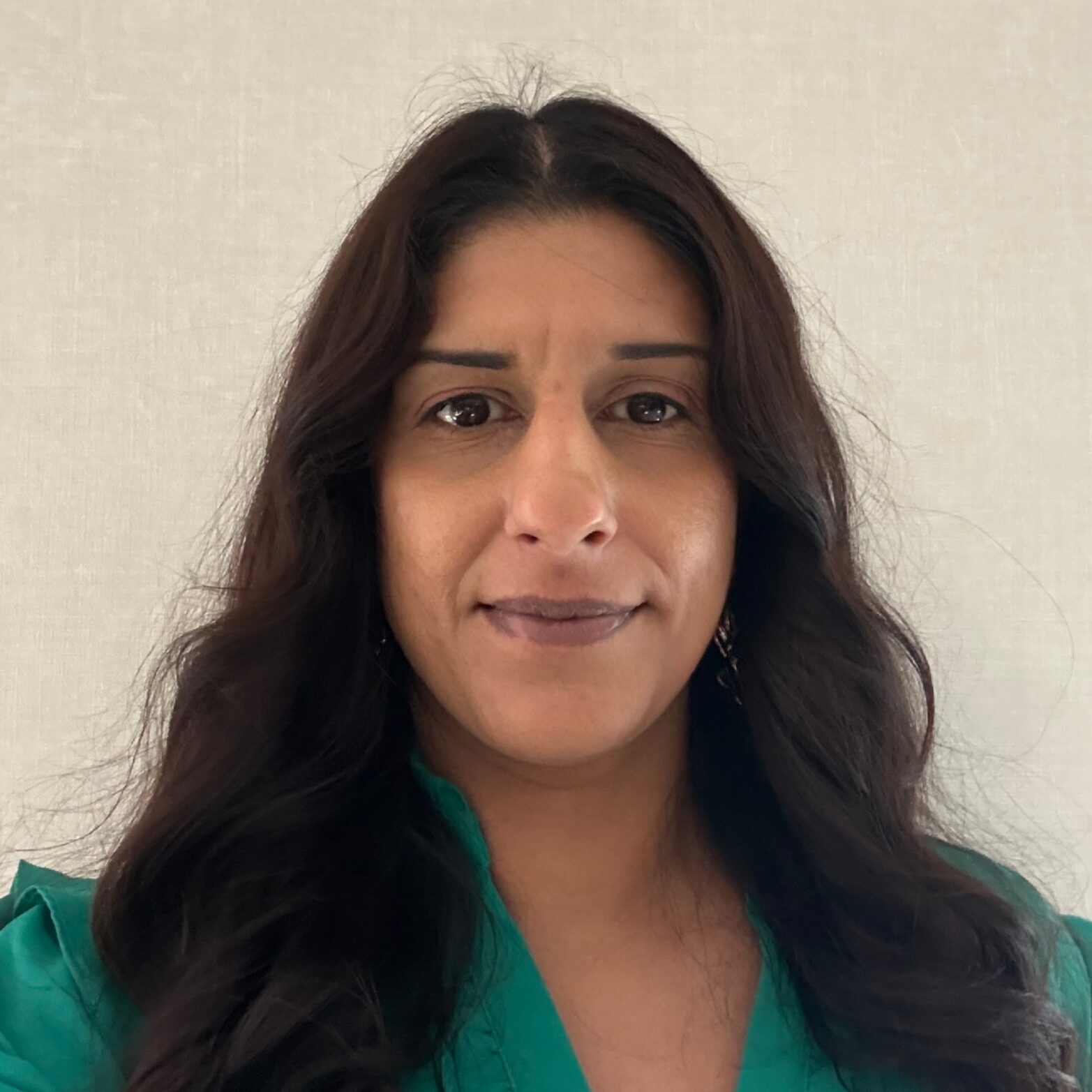What is ADASS?
We are the Association of Directors of Adult Social Services in the East Midlands and are known as EMADASS.
ADASS is a national charity and we are one of the nine constituent regions. We aim to be a leading, independent voice of adult social care in the East Midlands region.
Our region
The East Midlands is the smallest of the ADASS regions and we are made up of the 10 Local Authority Directors of adult social care departments in the region.
Located at the centre of the country we share borders with Yorkshire and Humber, East of England, North West and the West Midlands.
In order to deliver our vision, we will work with those who draw on care and support, our health and social care and other key stakeholders to deliver excellent social care which is fit not just for now but future generations.
We have a regional branch plan, delivered by various regional improvement groups and communities of practice. Each group is led by a senior leader from the region and regularly reports back to the Directors during branch meetings.
Our directors

Martin Samuels
Executive Director of Adult Care and Community Wellbeing
Lincolnshire County Council
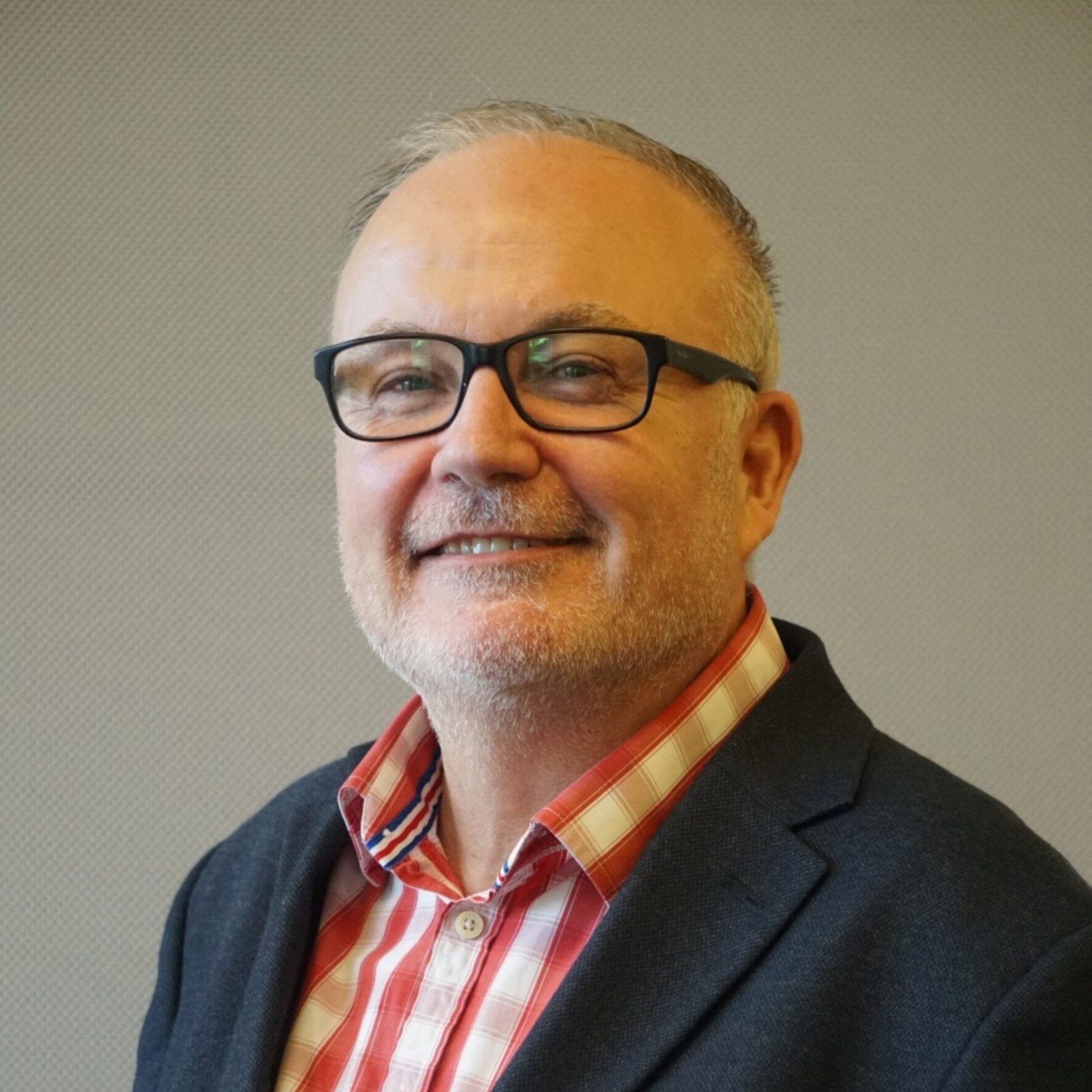
Guy Van Dichele
Executive Director Adult Social Care and Health
Nottinghamshire County Council
Guy.VanDichele2@nottscc.gov.uk
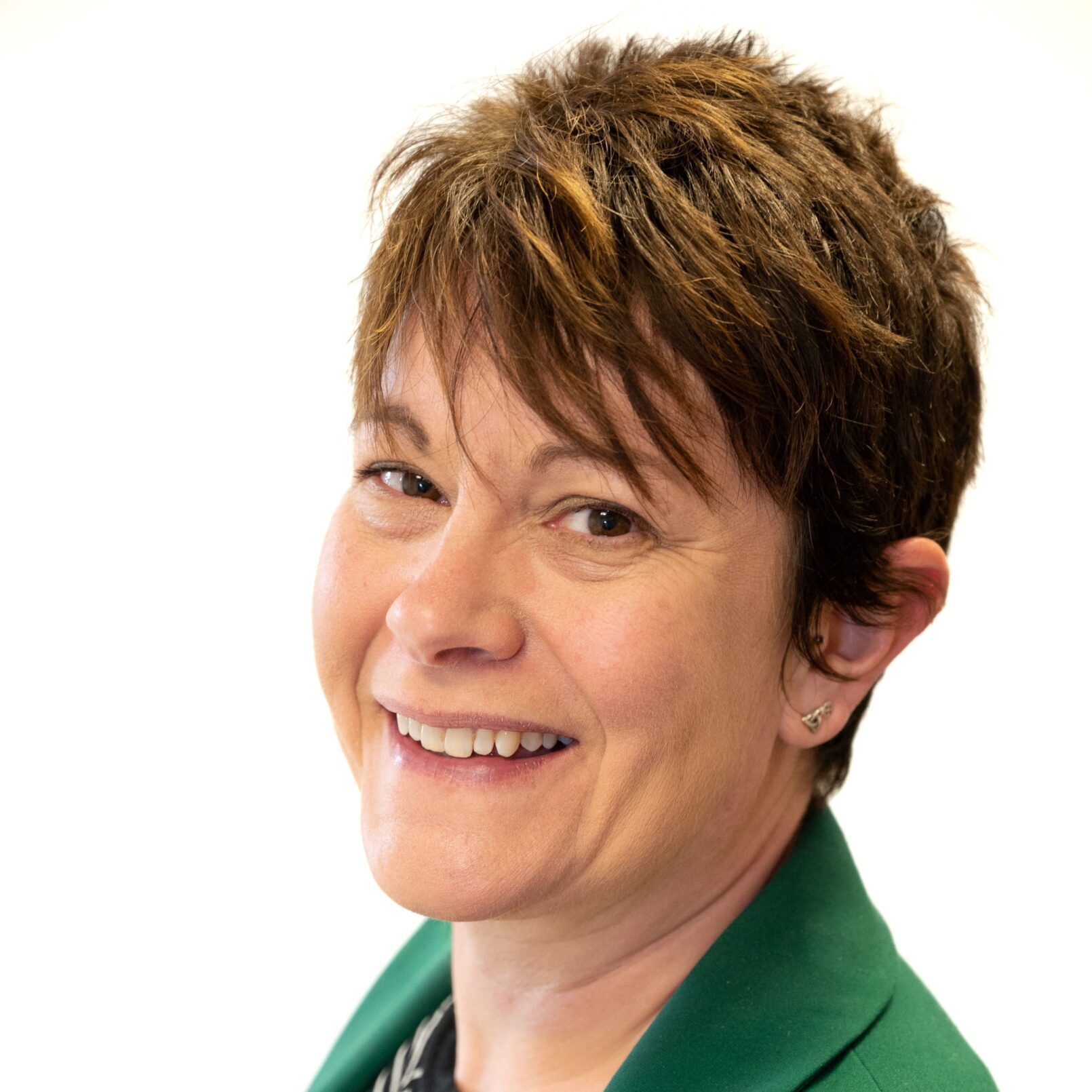
Melanie Williams
Executive Director of People Services
West Northamptonshire Council
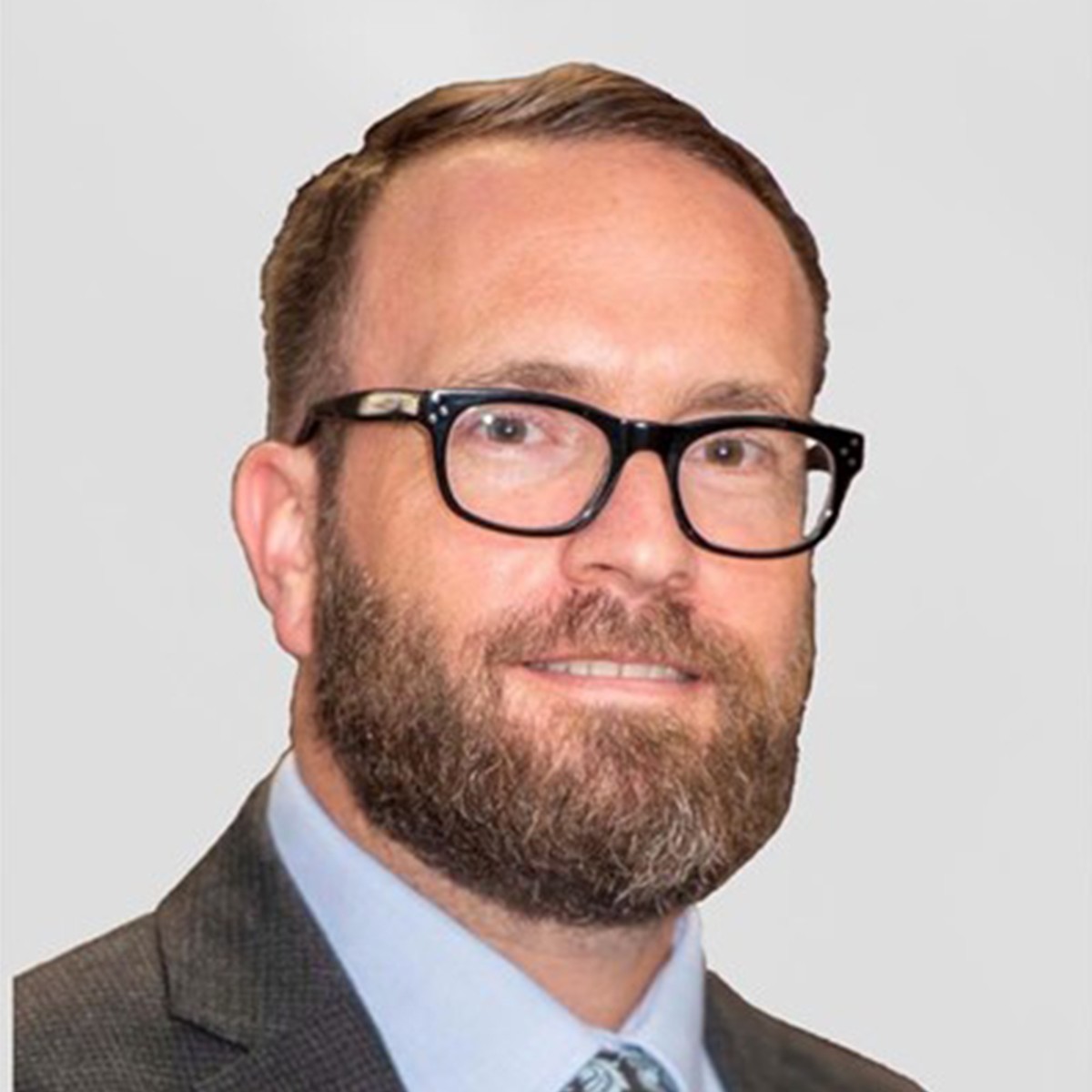
David Watts
Executive Director of Adults, Health Partnerships and Housing
North Northamptonshire Council

Simon Stevens
Executive Director – Adult Social Care & Health
Derbyshire County Council

Laurence Mackie-Jones
Strategic Director, Social Care and Education
Leicester City Council
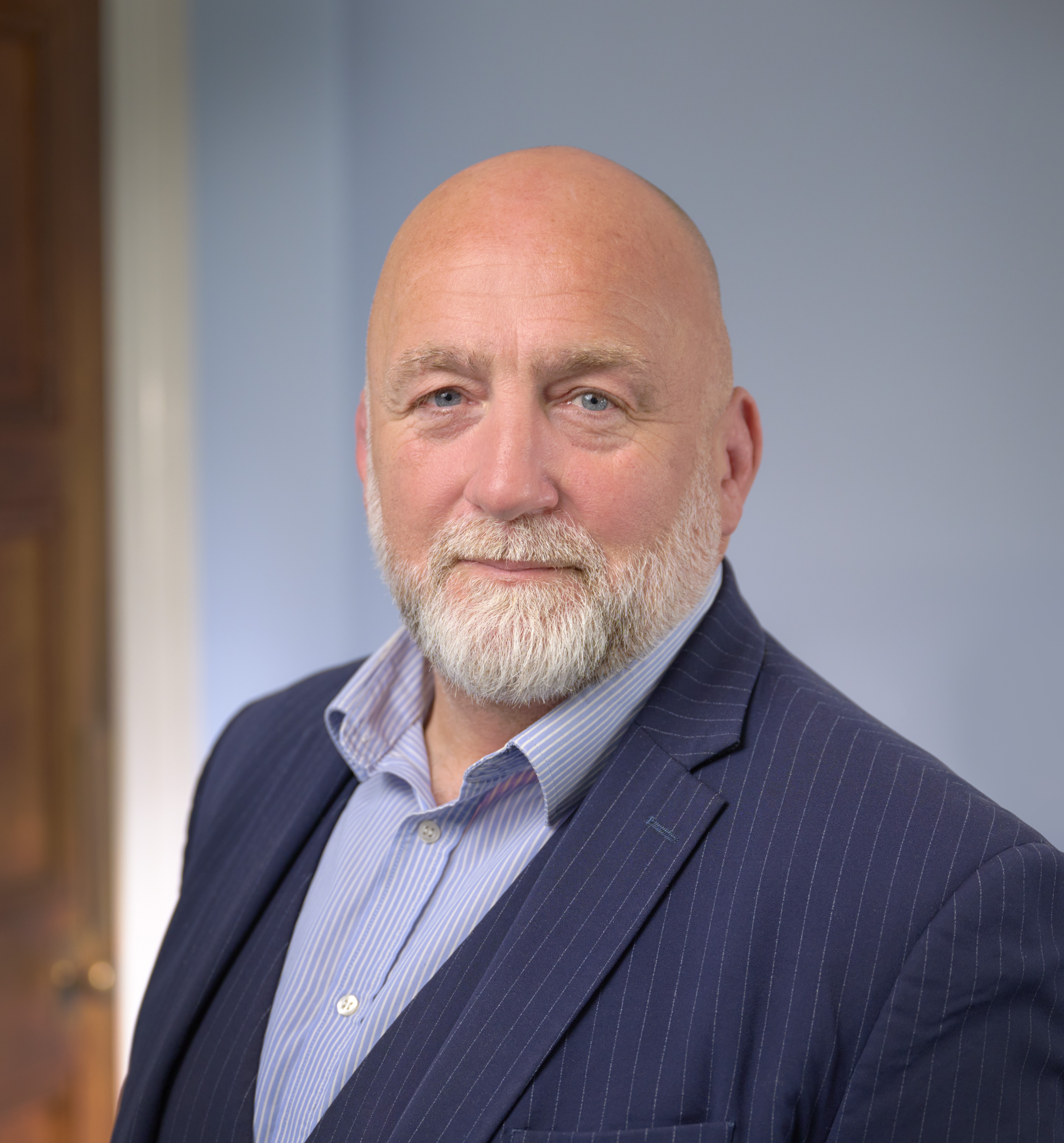
Richard Smith
Interim Corporate Director of Adult Social Care and Health
Nottingham City Council
The EMADASS Programme Team
Our small programme team assists and supports the directors and the regional networks to deliver the priorities of the region. Additional expertise and capacity is brought in when required.
Sector-led improvement
We are committed to Sector Led Improvement (SLI). This means, we will draw upon support and expertise from within the sector, including local, regional and national organisations.
Working with organisations like the Local Government Association means we will support a continuous improvement journey and contribute to the improvement of local government as a whole.
SLI activities used in the region include peer reviews, both independent and peer challenge conversations, mentoring and showcasing best practice.

